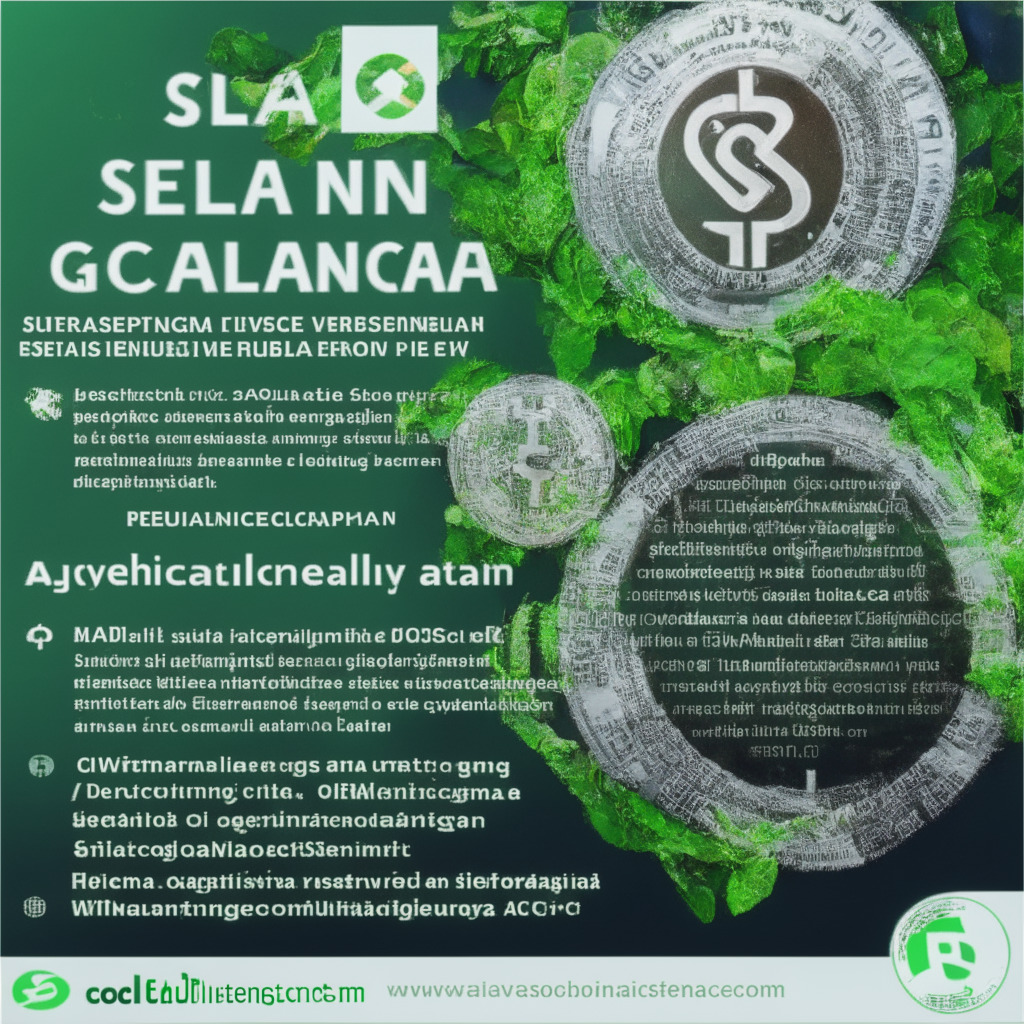The European Securities and Markets Authority (ESMA) has issued a warning for firms to register their crypto products, even as the Markets in Crypto-Assets Regulation (MiCA) regulation is being implemented across the European Union. Last month, the European Union passed the MiCA legislation, which mandates that crypto companies register in an EU-member state. The extent of regulation under MiCA is not yet fully known, but it also includes provisions for monitoring the environmental impact of crypto assets.
Compliance oversight for MiCA is entrusted to the ESMA and the European Banking Authority. Despite MiCA being close to adoption, crypto assets offered by investment firms will continue to be unregulated in most jurisdictions until MiCA applies. Some Member States have domestic legislation and specialist regimes in place which can provide protections for investors in relation to investment firms selling unregulated products and/or services.
The ESMA aims to ensure that investors are fully educated on products that are not regulated so that they understand the differences – primarily the risks – that come with investing in speculative products such as crypto assets. Unregulated products such as crypto assets or non-transferable securities may present a higher level of risk for clients, the authority stated.
Clients who lose their initial investment and find out that they do not benefit from protections afforded to them under financial regulation may complain to the investment firm for not having provided clear information about the products they were investing in. The ESMA’s warning comes a day after Europe’s Systemic Risk Board warned that MiCA is not enough, and that more work needs to be done to properly regulate crypto.
Systemic risks could materialize if, for example, interconnectedness with the traditional financial system increases over time, the Systemic Risk Board said. It is clear that regulatory bodies are scrambling to keep up with the rapid pace of developments in the crypto-asset space, and investors should remain cautious as new regulations are implemented.
In summary, the ESMA warning highlights the increasing need for regulatory measures to protect investors and maintain a stable environment for crypto-asset development. While MiCA is a step in the right direction, these warnings suggest more must be done to manage the risks associated with investing in speculative products like crypto assets. Investors should stay up to date with regulation changes and ensure they thoroughly understand the risks involved with unregulated products before making any investments.
Source: Blockworks




